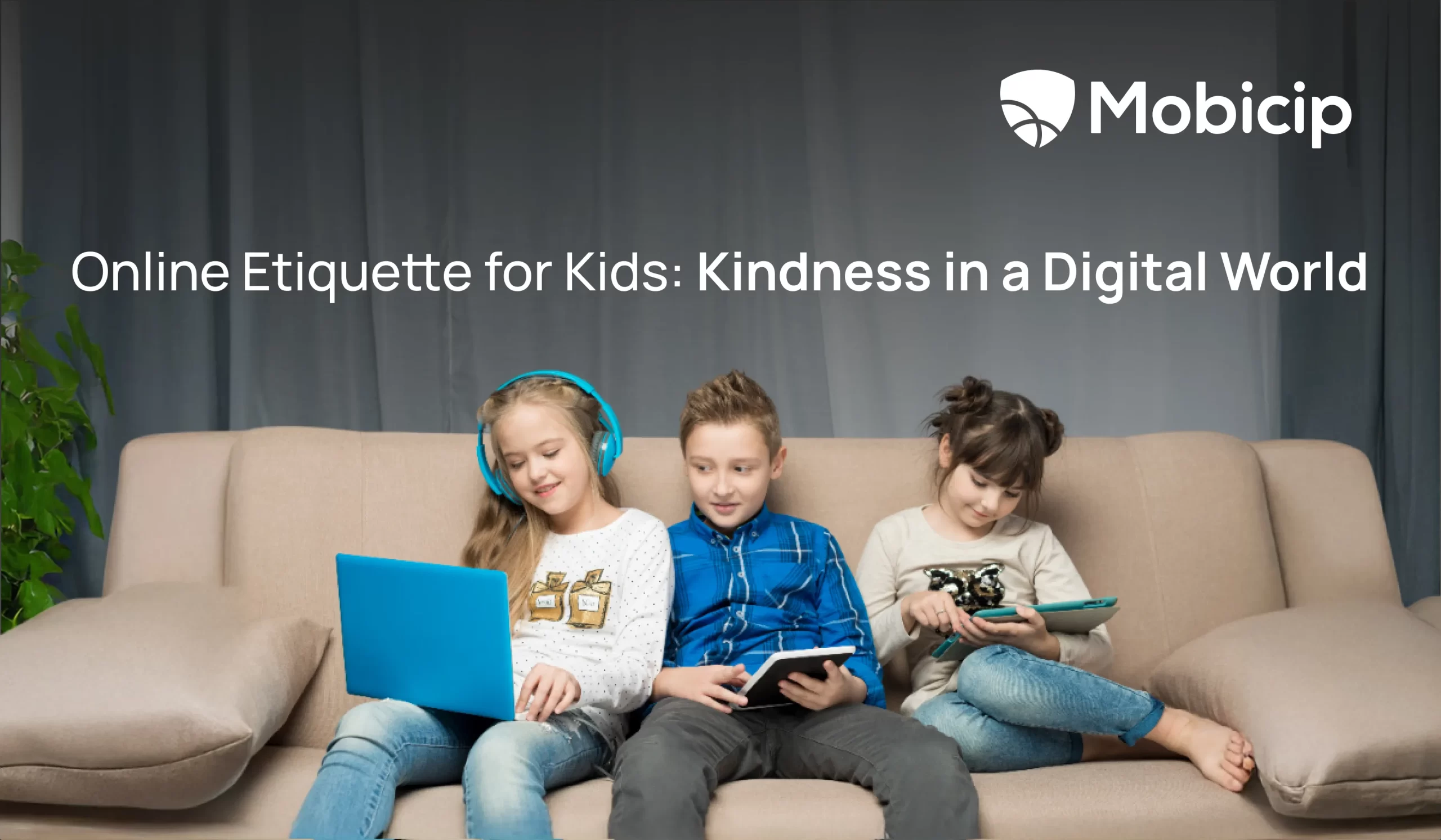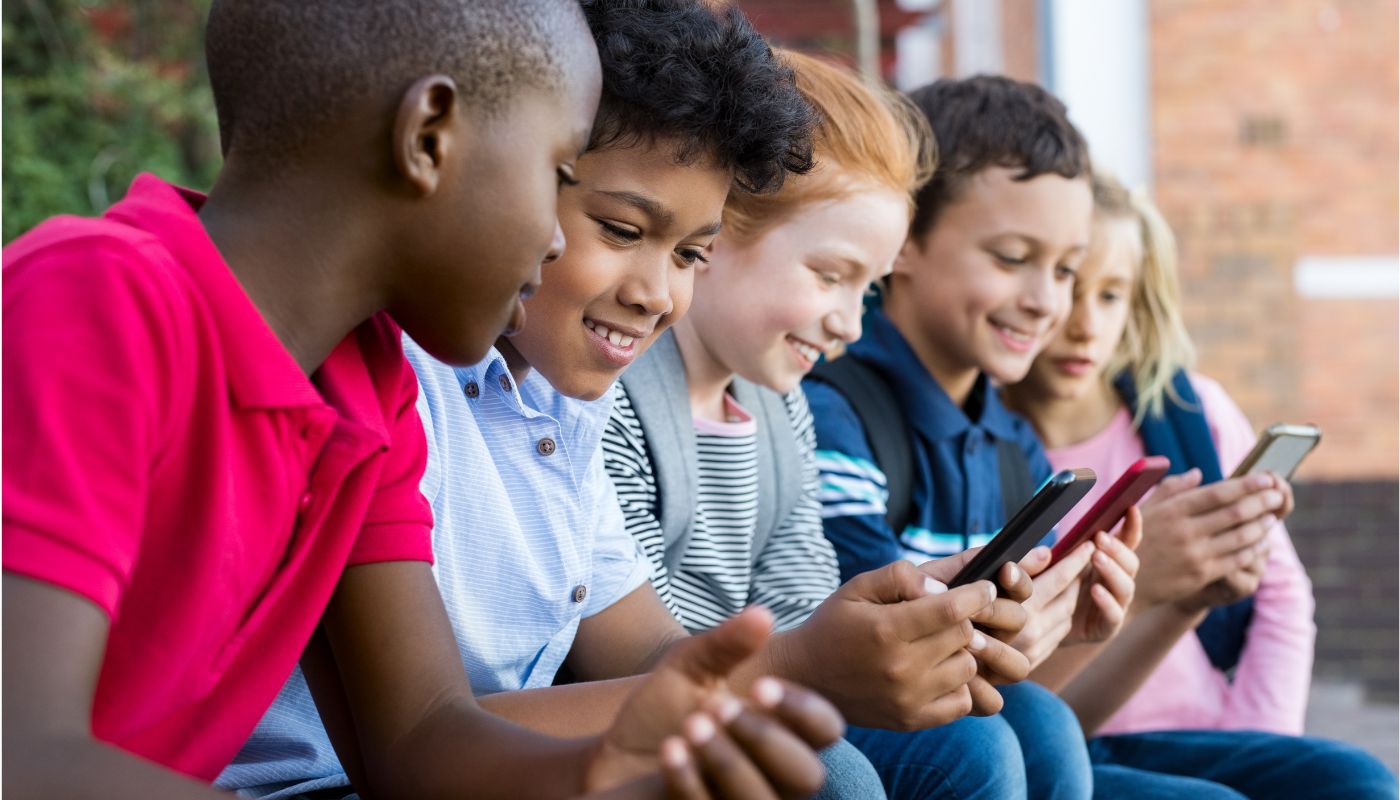How to foster empathy in kids in a digital-driven world?

Imagine a school where the halls buzz with whispers and giggles, but one boy, Auggie, walks through them with his head down, hoping to blend in. Auggie’s face is different, and the other kids can’t seem to look past it. They whisper and tease—it’s like he’s invisible yet stands out all at once.
But then, something changes. A girl named Summer decides to sit with him at lunch, breaking the unwritten rules of middle school coolness. Her simple act of kindness sends ripples through the lunchroom, and suddenly, Auggie isn’t so alone anymore. This scene from “Wonder“, a 2017 American coming-of-age family drama film, isn’t just a movie moment; it’s a powerful reminder of how empathy can transform a place of judgment into a community of acceptance.
In today’s digital age, teaching children empathy is more crucial than ever before. With the rise of cyberbullying, where hurtful words and actions can spread instantly through screens, empathy serves as a powerful antidote. Research shows that empathetic children are less inclined to participate in bullying and more inclined to intervene and support victims. By understanding and considering others’ feelings, children develop a sense of accountability for their online behaviors, reducing the negative impact of cyberbullying. Let’s delve into empathy and explore ways to nurture it among our kids.
Understanding Empathy
Empathy is the ability of a person to understand, feel, and respond to what someone else is experiencing. It’s like imagining yourself in someone else’s shoes to see things from their perspective. Research has shown that empathy is crucial for building solid and meaningful relationships because it helps people connect on a deeper level and fosters mutual respect and understanding. For instance, a study on high school students found that children who demonstrate higher levels of empathy tend to have better social skills and more positive peer relationships (source: National Centre for Biotechnology Information).
Empathy is not just a good-to-have quality in online interactions; it’s necessary in the digital world. When communicating through screens, it’s easy to forget there’s a real person with real feelings on the other side. This is why teaching our kids to be mindful of their words and actions online is crucial. Encourage them to think about how their comments, messages, or posts might make someone else feel. There is a relationship between empathy and cyberbullying. Empathetic online interactions can reduce instances of cyberbullying and promote a more positive online community. ( Source: Morese R., Defedele M., Nervo J. (2018). I Teach You to Quarre Empathy and Mediation: Tools for Preventing Bullying, Socialization. A Multidimensional Perspective)
By understanding these concepts and sharing them, you can help your children understand the importance of empathy in all their interactions. This will help them build stronger, more meaningful relationships and contribute to a kinder, more respectful online environment.
Teaching Empathy Through Stories
One of the most effective ways to nurture empathy in kids is through engaging stories that allow them to step into different characters’ shoes. Here’s how you can use storytelling to foster empathy:
Read Books or Watch Movies that Allow Kids to Step into Characters’ Shoes: Stories have a transformative power, transporting children into different worlds and perspectives. Choose books or movies that feature diverse characters facing various challenges. For example, reading books like “Wonder” by R.J. Palacio, which explores themes of kindness and acceptance, can help children understand what it’s like to be different and how empathy can make a difference. Similarly, movies like “Inside Out” from Pixar can help kids explore complex emotions and understand how others may feel in different situations.
Discuss Characters’ Feelings and Perspectives: After reading or watching, take the time to discuss the characters’ feelings and perspectives. Ask questions like: How do you think the character felt when that happened? Why do you think they reacted that way? How would you have felt if you were in their place? These discussions help children practice perspective-taking and empathizing with others’ emotions. According to a research journal in Science, engaging with narrative fiction can enhance empathy and social cognition by encouraging readers to immerse themselves in characters’ inner lives.
Addressing Cyberbullying and Hate Speech
Empathy helps in understanding and addressing hurtful online behavior like cyberbullying and hate speech. As a parent, it’s important to be aware of these challenges and guide your kids through them. Here’s how you can do it:
Teach Kids to Recognize and Respond to Hurtful Online Behavior: Children need to learn how to identify and respond to hurtful behavior online. Teach them that cyberbullying includes actions like sending mean messages, spreading rumors, or excluding others online. Discuss with them that these behaviors can hurt others deeply, just like mean words or actions in person can. Encourage them to speak up against cyberbullying and support those who are targeted.
Discuss the Impact of Cyberbullying on Victims and Bystanders: Cyberbullying can have devastating effects on both victims and bystanders. Victims may experience anxiety, depression, and even thoughts of suicide. On the other hand, bystanders may feel guilty or fearful of becoming targets themselves. It’s crucial to discuss these impacts openly with your children. Share real-life stories or case studies to illustrate the emotional toll of cyberbullying.
For example, a recent study showed the tragic tale of Adriana Kuch, a 14-year-old from New Jersey who tragically passed away in February 2023. According to her father, Michael Kuch, reported by CBS New York, Adriana ended her life after a disturbing video of hers went viral on social media.
Empathy in Conflict Resolution Among Kids
When conflicts arise online, it’s important for kids to see beyond their own perspective. Encourage them to consider why someone might have a different opinion or react in a certain way. Help children practice putting themselves in others’ shoes. Prompt questions like, “How would you feel if someone said/did that to you?”
Role-playing can be an interactive way to practice handling online disagreements. Create hypothetical online conflict scenarios and role-play different ways to respond. Show them how acknowledging each other’s feelings can help solve problems.
Discuss with your children how they can actively listen to the other person’s point of view without immediately dismissing it. Encourage them to ask questions to clarify misunderstandings and to express their feelings calmly and respectfully.
Teach your kids the importance of finding common ground, even in the midst of disagreements. Help them brainstorm solutions that can satisfy both parties involved.
Stories in books, movies, or videos can also teach empathy. Discuss how characters in these stories handle their emotions and solve problems. This can help kids understand why empathy matters and how it can make a difference in their own lives.
By encouraging empathy and understanding in online interactions, we can help kids build skills that will benefit them well now and in the future.
Digital Citizenship
What does it mean to be a good digital citizen? It is more than just using the internet—it’s about using it responsibly and respectfully.
Explain the Responsibilities of Being a Good Digital Citizen: Just like we have responsibilities in our communities and schools, we also have responsibilities online. We can be a good digital citizen by using technology safely and ethically. It can be as simple as respecting others’ privacy, being thoughful of what we share online, and following the rules of the websites and platforms you use.
Teach online etiquette, kindness, and respect: When It comes to online interactions, it’s easy to forget that there are real people behind every screen. That’s why it’s crucial to teach your kids about online etiquette. It’s not just about being polite and using appropriate language; it’s about treating others with the same kindness and respect we expect in our daily lives.
Encourage your children to think before they post or comment online. Talk through the impact their words and actions can have on others, both positively and negatively. Show them examples of positive online interactions where people have shown kindness and support to others. Instilling these values will enhance their online experiences and contribute to a safer and more inclusive digital community for everyone.
How Mobicip Parental Control App Helps Parents Teach Empathy and Manage Kids’ Online Activities
The Mobicip Parental Control App is a fantastic tool for parents who want to teach empathy and keep an eye on their kids’ online activities. With Mobicip, you can easily monitor what your child is doing on the internet, ensuring they visit safe and age-appropriate websites. This way, you can prevent them from stumbling upon harmful content that might affect their behavior.
One of the best features of Mobicip is the ability to set screen time limits and schedules. Having screen boundaries encourages your child to spend time on other activities, like reading or playing outside, which are great for building empathy.

You can also block specific dangerous apps and websites, ensuring your child isn’t exposed to negative influences.

The app allows you to see who your child is communicating with so you can guide them to have respectful and kind interactions. By knowing what your child is watching and doing online, you can have meaningful conversations about different situations and how others might feel in those scenarios. Such discussions help your child understand and consider others’ emotions better.

Mobicip is for every parent who wants to raise kind, considerate, and responsible kids. Get started with a 7-day free Mobicip trial to help create a safe online environment where good habits and empathy can grow.






